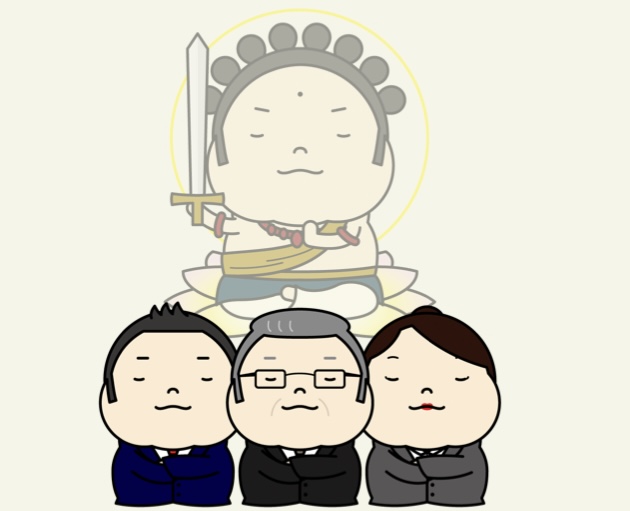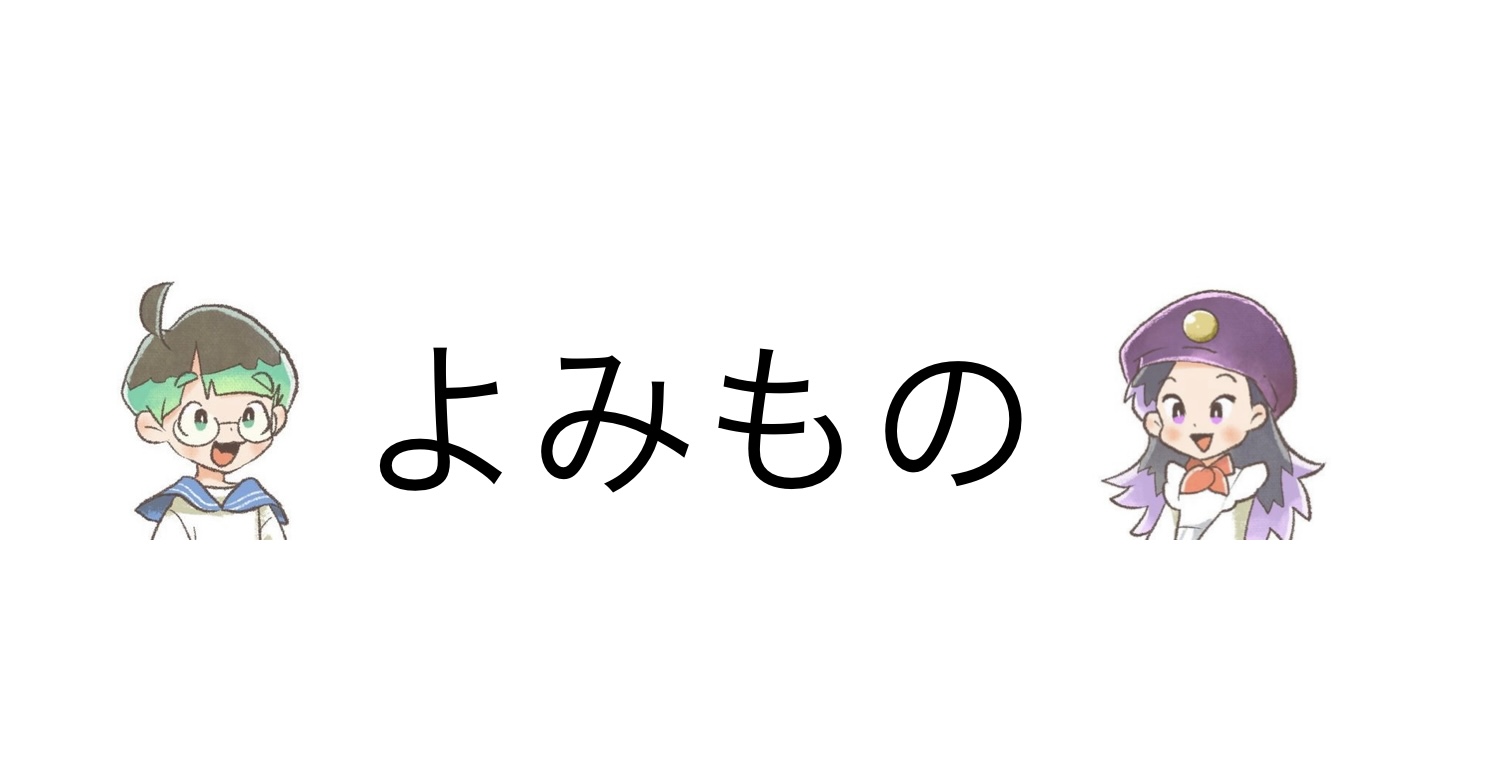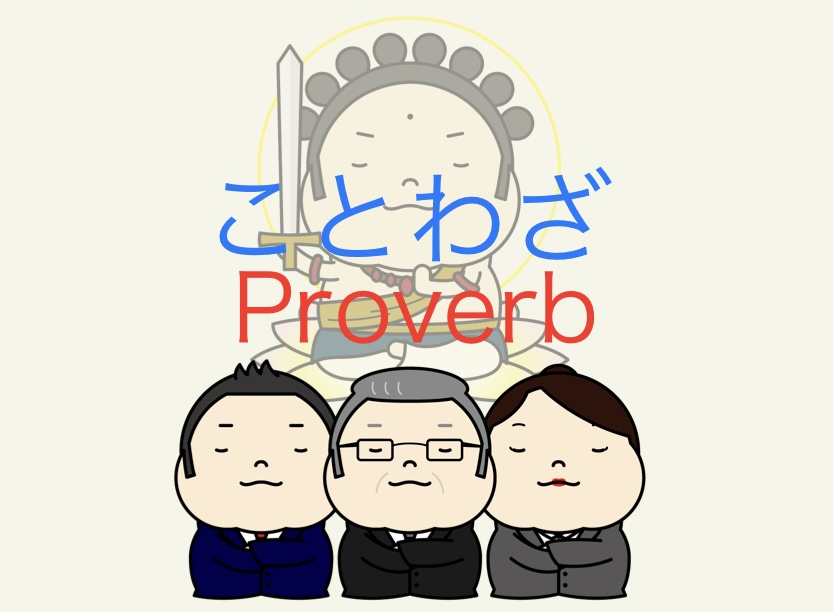
ことわざは、人々の知恵です。
ことわざとは、人々の知恵を言葉に表したもので、昔から多くの人によって伝えられてきたものです。
ことわざは、多くの人々の観察や経験、知識などによって、長い時間をかけて作られてきたものです。

ことわざの中には、誰が言い出したのかがわかっているものもありますが、多くの場合は、誰が言い出したのかよくわかっていません。
ことわざは、多くの人によって「なるほどそうだなあ」と納得されたものですから、ことわざを使って自分の考えを伝えると、人々の共感を得やすくなることがあります。
ことわざの中にはしばしば、反対の意味を表すものがあります。
例えば、「三人寄れば文殊の知恵」ということわざは、「普通の人でも、3人集まって意見を交換すれば、知恵を司るとされる文殊菩薩にも劣らない知恵を出せる」という意味です。たくさんの人がいることのよさを示しています。

これに反して、「船頭多くして船山に登る」ということわざは、「指図する人が多過ぎるとかえって混乱して、物事がよくない方向に進んでいく」という意味です。たくさんの人がいることの悪さを示しています。
ことわざは面白くたくさん知っておくと、人生が楽しくなります。
⭐️ ⭐️
関係するページも読んでください。
継続 Continuationにすすむ(このブログにあるページ)
Proverb
Proverbs are expressions of people’s wisdom in words, and have been handed down by many people since ancient times.
Proverbs have been created over a long period of time through the observation, experience, and knowledge of many people.
Some proverbs are known, but in many cases, it is not well known who originated them.
Since proverbs have been convinced by many people that they are true, it is sometimes easier to gain people’s sympathy when you use proverbs to convey your ideas.
Often, some proverbs express the opposite meaning.
For example, the proverb “When three people gather, Monju no Chie (wisdom)” means that even an ordinary person can produce wisdom as good as that of Monju Bodhisattva, who is said to govern wisdom, if three people get together and exchange their opinions. It shows the goodness of having many people.
Contrary to this, the proverb, “Too many boatmen climb the mountain,” means that too many people telling you what to do can confuse you and cause things to go in the wrong direction. It shows the bad side of having too many people.
Proverbs are interesting and life is more fun when you know a lot of them.




コメント